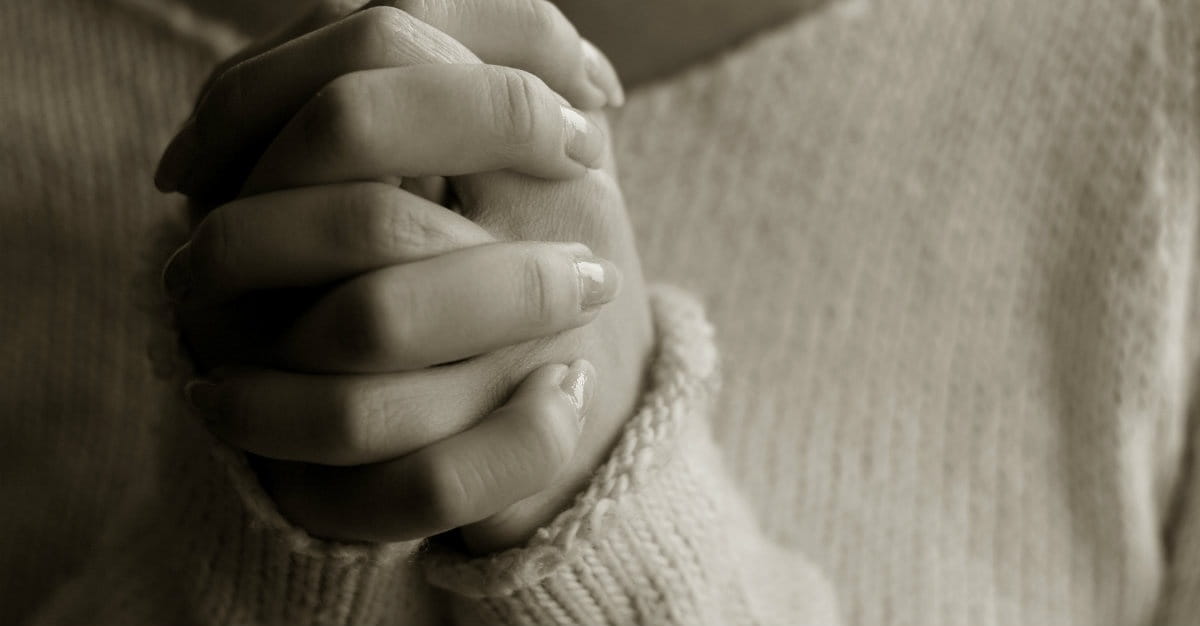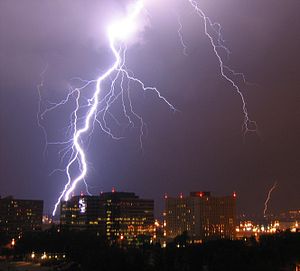
He was praying in a certain place, and after he had
finished, one of his disciples said to him, ‘Lord, teach us to
pray, as John taught his disciples.’ He said to them, ‘When you
pray, say:
Your kingdom come.
Give
us each day our daily bread.
And forgive us our sins,
for
we ourselves forgive everyone indebted to us.
And do not bring us
to the time of trial.’
And he said to them, ‘Suppose one of you has a friend, and
you go to him at midnight and say to him, “Friend, lend me three
loaves of bread; for a friend of mine has arrived, and I have nothing
to set before him.” And he answers from within, “Do not bother
me; the door has already been locked, and my children are with me in
bed; I cannot get up and give you anything.” I tell you, even
though he will not get up and give him anything because he is his
friend, at least because of his persistence he will get up and give
him whatever he needs. ‘So I say to you, Ask, and it will be given
to you; search, and you will find; knock, and the door will be opened
for you. For everyone who asks receives, and everyone who searches
finds, and for everyone who knocks, the door will be opened. Is there
anyone among you who, if your child asks for
a fish, will give a snake instead of a fish? Or
if the child asks for an egg, will give a scorpion? If you then, who
are evil, know how to give good gifts to your children, how much more
will the heavenly Father give the Holy Spirit
to those who ask him!’ (Luke
11: 1-13)
There's
an old joke about this guy named Dave who kept praying every day that
he'd win the lottery. He'd go to church and, in the silent moments
before the start of worship, he'd pray for a lottery jackpot.
“Please, God,” he'd pray, “I've done the best I could all my
life. Give me just one little break, okay?” Dave prayed this for
five years straight. One Sunday, feeling that God had turned a deaf
ear to his beseeching, he finally prayed, “Lord, if I've offended
you, please tell me. I've prayed constantly, just as your scriptures
instructed, yet I've never won the lottery. Why, O Lord? Why?”
Just then, Dave heard a magnificent
voice thundering in his ear, “Dave! Dave! I am the Lord thy God!
Hark unto my words!”
“I'm listening, Lord,” said Dave.
“only tell me what I must do to win the lottery.”
The voice replied, “Meet me half way,
Dave. Buy a ticket!”
+ + + +
I think Saint James had it right, “You
do not have, because you do not ask.” (James 4:2b) I suspect the
reason why we don't ask is because we really don't have a clue as to
what we really want. So Jesus gives us these petitions upon which we
can meditate.
When we don't know what we want to say
to God, we can always ask that God's name—that divine logos, idea,
or knowledge of God—be made holy in our thinking. That is, we ask
to look with renewed vision to the wonder and beauty of God. We pray
for that sacred stillness which allows us to put all things in
perspective. We pray for the dependent relationship a small child has
with her loving father.
We pray for God's Kingdom, which is
another way of saying we pray that what is right—honest, just,
merciful—will come to pass, and that we will willing accept and
participate in whatever this kingdom requires.
We pray for our physical needs. Daily
bread—not a week's supply, but whatever we need to get through the
day. And in such a way we learn to trust and be at peace.
We pray for forgiveness—thereby
acknowledging our need for it, and for the ability to forgive others.
And we pray to be kept safe from
temptation. All temptations—especially the temptation to despair.
Do we really need anything more?
Martin Luther wrote of the Lord's
Prayer:
God takes the initiative and puts
into our mouths the very words we are to use. Thus we see how
sincerely he is concerned with our needs, and we should never doubt
that our prayer pleases him and will assuredly be heard. So this
prayer is far superior to all others that we might ourselves devise.
For in the latter our conscience would always be in doubt, saying, “I
have prayed, but who knows whether it pleased him, or whether I have
hit upon the right form and mode?” Thus there is no nobler prayer
to be found on earth, for it has the excellent testimony that God
loves to hear it.” (The
Large Catechism, 1529)
+
+ + +
Although
Luther despised senseless repetition of prayer as a form of works
righteousness, there is certainly something to be said for
persistence. Prayer is a form of hope, and hope is an ingredient as
necessary for human life as air and water. I know that, in my own
life, the words of Mick Jagger and Keith Richards have come true:
“You can't always get what you want, but if you try sometime you
just might find you get what you need.” The answers God has granted
to my prayers have not always been in line with the visions in my
head. But the answers have been satisfying all the same.
So
keep praying. Be patient. Prayer doesn't change God, but it changes
us. Whether or not we end up where we thought we wanted to go, we
will be blessed by the journey.
PS
In the spirit
of “Don't ask, don't get,” I'm still trying to launch a movement
to get Pope Francis to agree to full communion with Lutherans as a
way to celebrate the 500th anniversary of the Protestant
Reformation in October of 2017. Personally, I think I've got a better
shot at winning the Power Ball Lottery or being struck by lightening
than of getting any response from the Vatican. Still, there would be
NO CHANCE if no one asks! So join my fool's crusade by clicking on Change.org.
